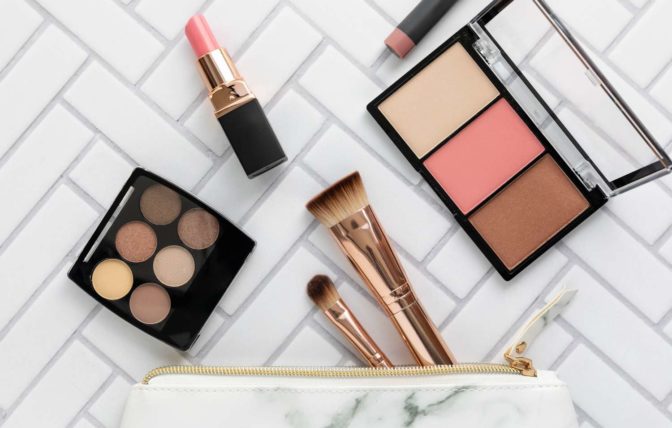
 "
"

 "
"

The Halal Cosmetics Market is set to reach $42.65 billion in 2023 and is projected to surge to $127.8 billion by 2033. The initial growth occurred at an average rate of 11.6% between 2023 and 2033.
The global demand for halal cosmetics has surged, particularly in regions with significant Muslim populations like the United Arab Emirates, Indonesia, Malaysia, Saudi Arabia, Turkey, and more. This expansion has prompted the halal cosmetics market to diversify its product offerings, capitalizing on the broader cosmetics market.
As the need for safe and clearly labeled products rises, the halal-certified cosmetics sector holds substantial potential for growth in the coming years.
As people worldwide become more environmentally conscious and aware of the issues linked to non-halal cosmetics, the demand for halal cosmetics has risen. With natural personal care and cosmetics becoming crucial for a healthy lifestyle, the adoption of halal cosmetics is expected to increase.
Winning Strategies of Competitors:
With the Muslim population growing, global giants like L’Oreal, Unilever, P&G, and others are eyeing the halal cosmetics sector to meet the escalating demand. The market is currently dominated by three companies: Iba Cosmetics, Ivy Beauty Corporation Sdn Bhd, and Kao Corporation. These prominent players are investing significantly in research, development, and product innovation to stay competitive.
Leading companies are focusing on market penetration strategies to reach customers through omnichannel distribution. They are also enhancing their online and social media presence while conducting promotional campaigns. These efforts aim to educate consumers about the availability and benefits of halal-certified cosmetics.